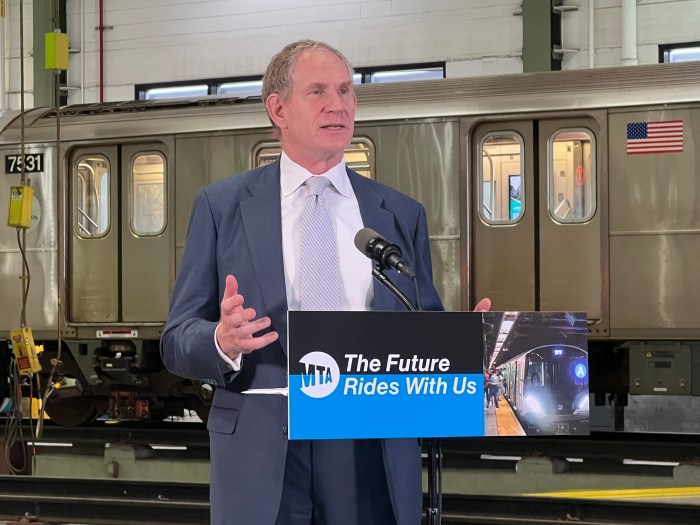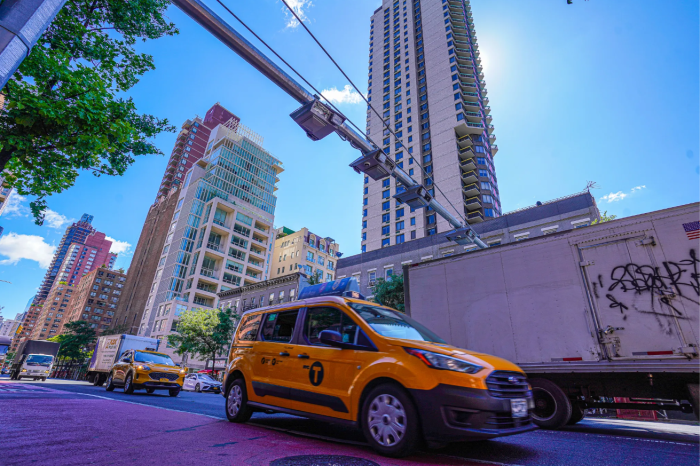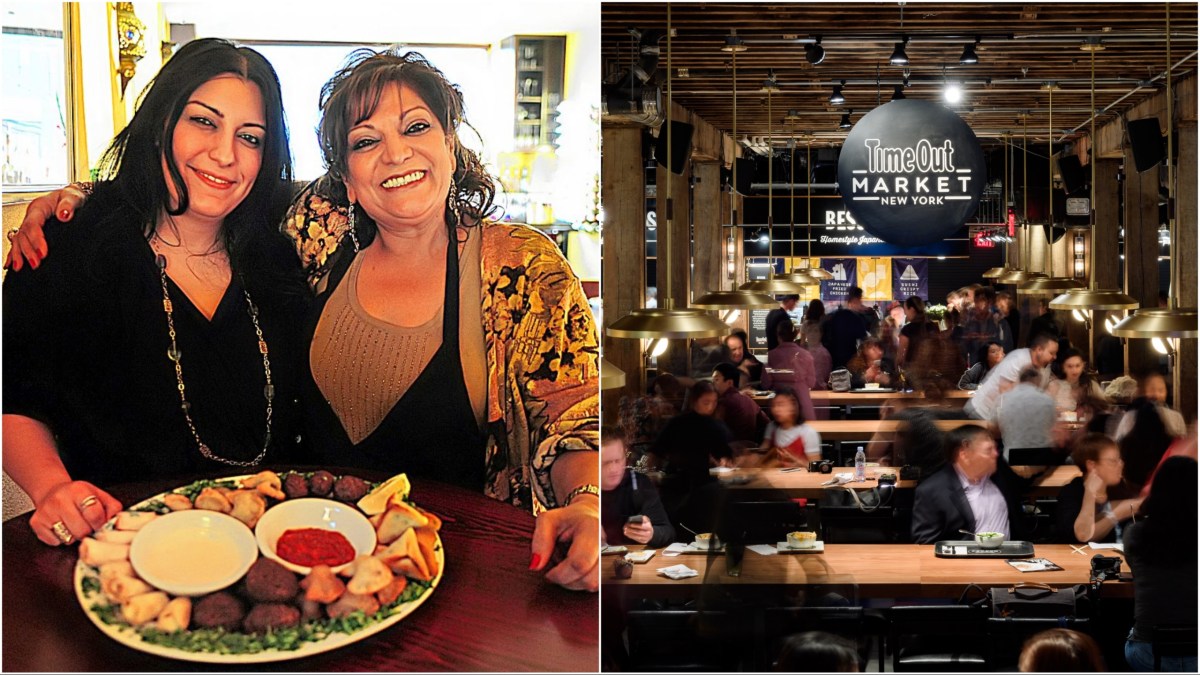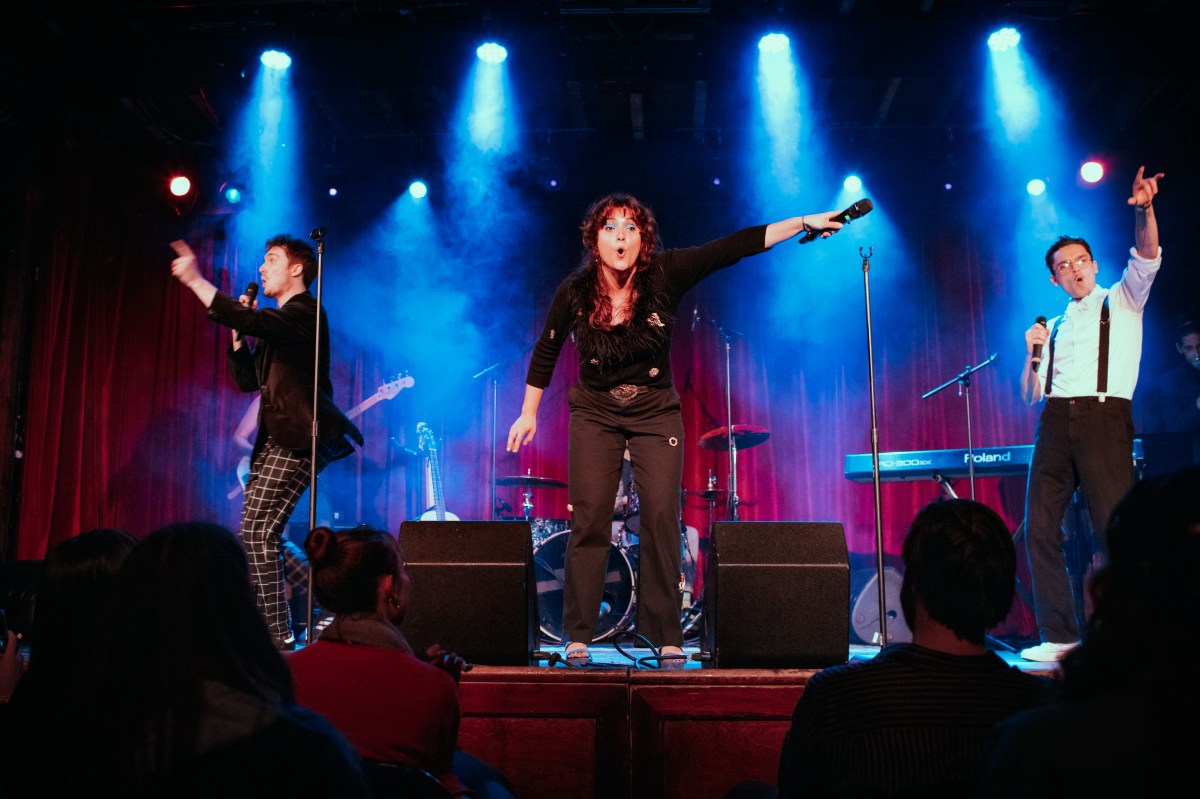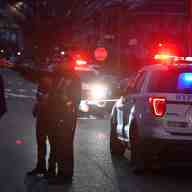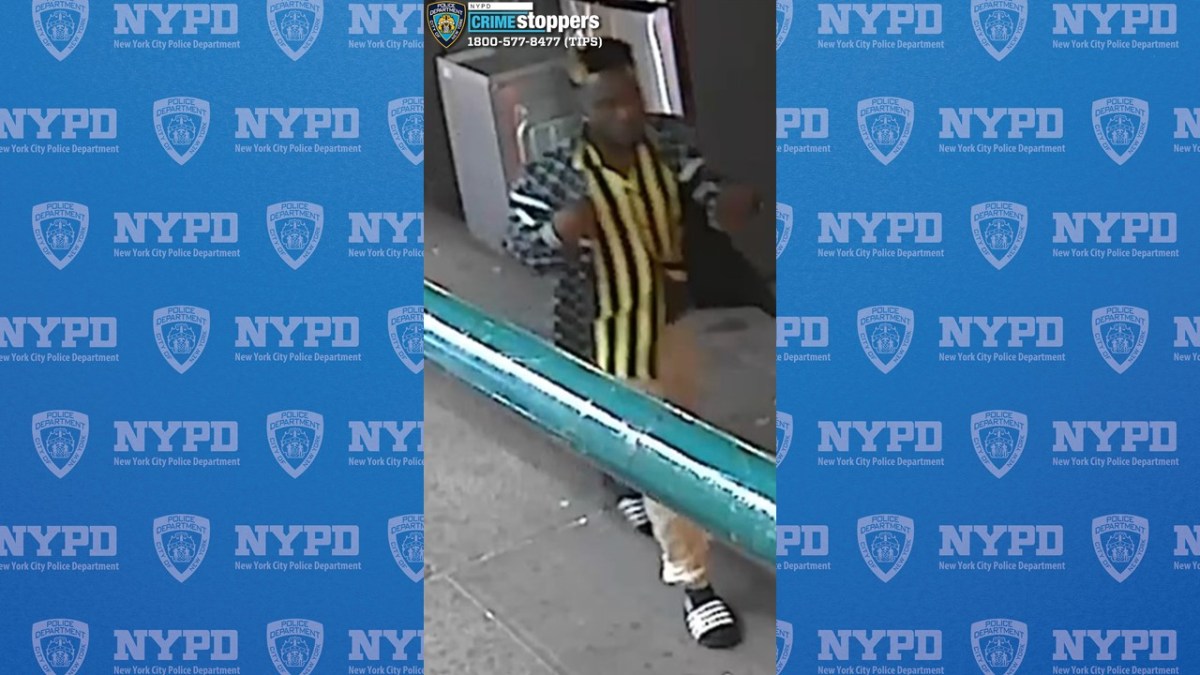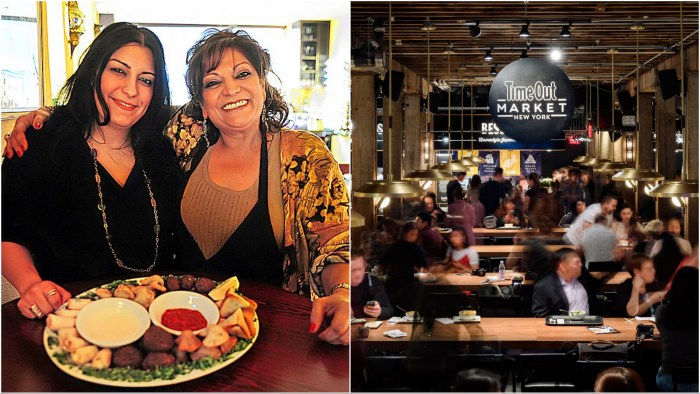
Women spend an extra $26 to $50 on transportation each month due to safety concerns, according to the results of a survey by NYU’s Rudin Center for Transportation.
The online survey, conducted over six weeks in September and October, asked New Yorkers about their travel habits, if they’ve been harassed on public transportation, and if safety concerns impact what type of transportation they use.
In the wake of the #MeToo movement, Sarah Kaufman, associate director of the Rudin Center and one of the authors of the report, said the survey aimed “to quantify” how harassment impacts the experience and cost of commuting for women.
“Looking at it through the lens of a ‘Pink Tax,’” or gender-based price discrimination, “is one way to determine how their need for safety impacts their economic standing,” she said.
There were 547 complete responses to the 33-question survey, the report said. About 52 percent of respondents were female, including cis, trans and female-presenting. Of the respondents, 76 percent identified as white, 7.7 percent as Asian or Asian-American, 7.1 percent as Hispanic or Latino, and 3.3 percent as black or African-American.
Most respondents live in Manhattan and Brooklyn, but all boroughs were represented.
According to the results, 75 percent of female respondents had experienced harassment or theft while using public transportation, mostly on subway trains, compared to 47 percent of male respondents.
More than half of female respondents said they were concerned about being harassed on public transportation, compared to 20 percent of male respondents; and 29 percent of the women, versus 8 percent of men, said they don’t take public transportation late at night because of “a perceived safety threat.”
Because of these safety concerns, the authors of the report estimate that women spend an extra $26 to $50 a month on means of transportation other than subways and buses. They estimate that men do not have this extra cost.
The survey also found that, of those who experienced harassment while using public transportation, 88 percent did not report the incident.
“Several respondents shared the sentiment that reporting the incident would have no effect,” the report said.
The MTA did not immediately reply to a request for comment but says on its website that it encourages all victims or witnesses of harassment to report the incidents to the NYPD or MTA police officers.
Kaufman said women who did report incidents said there was “a lack of sensitivity” from authorities.
The report recommends that first responders get more training on how to help victims of harassment and adding security cameras in train cars.
Kaufman hopes to do another survey within the next year to reach a more diverse group.
“I’d like to do it in person and by phone and hopefully in other languages as well."




